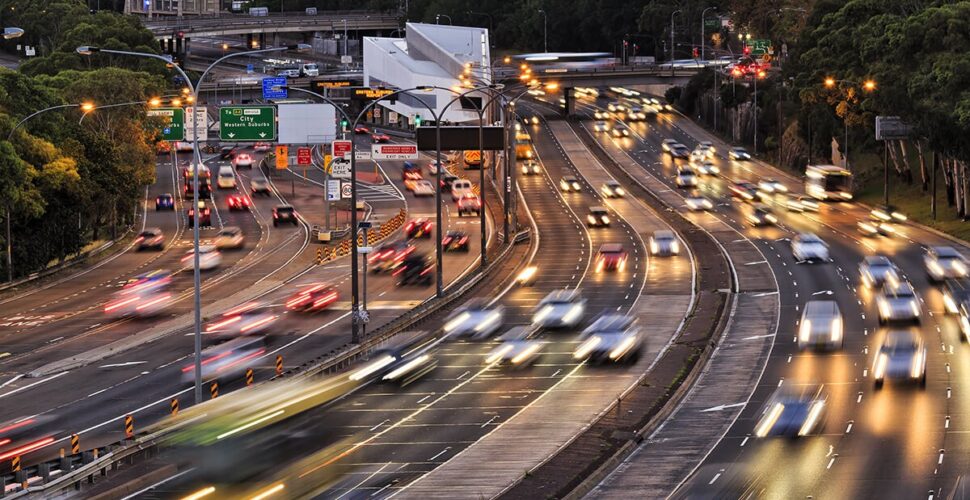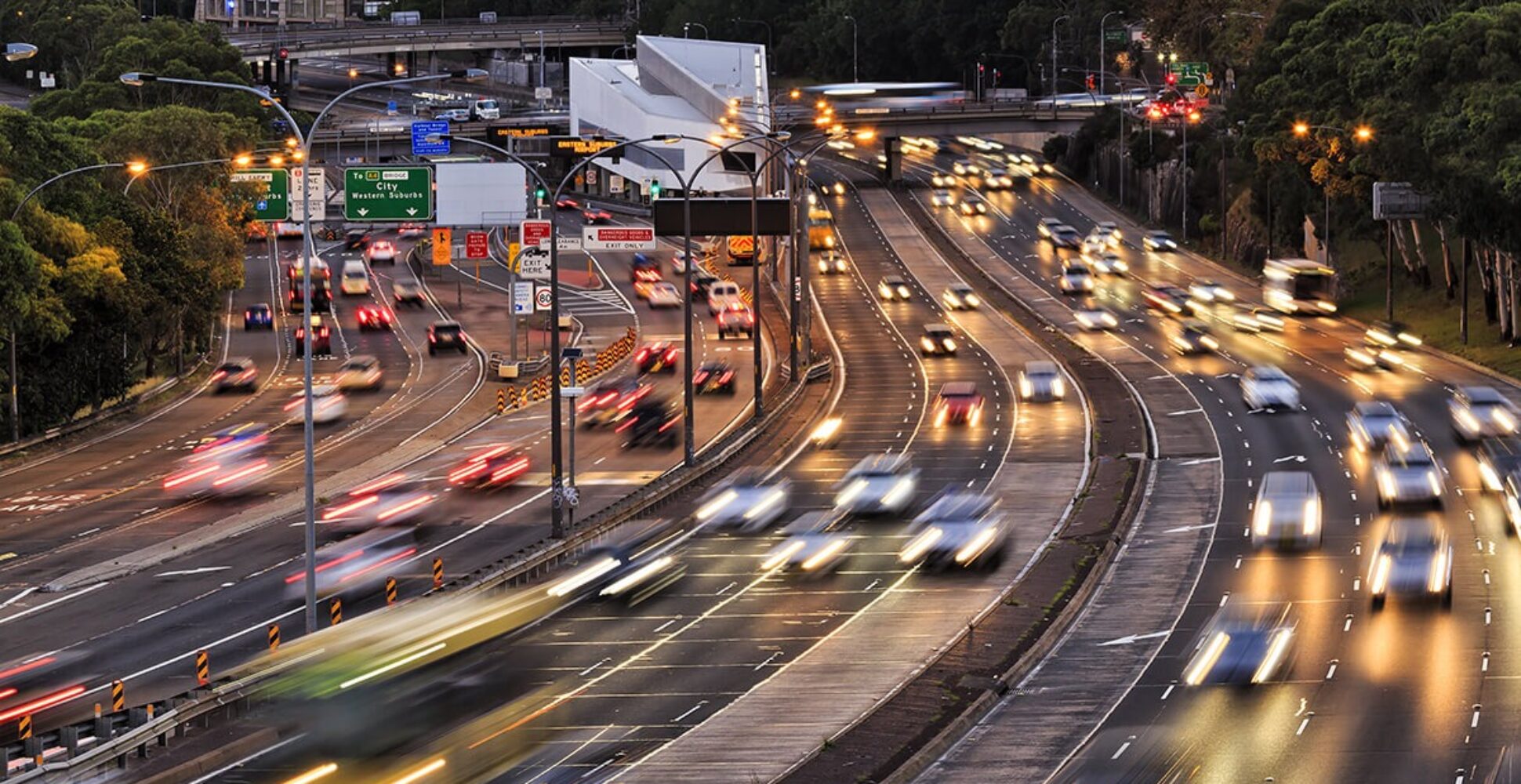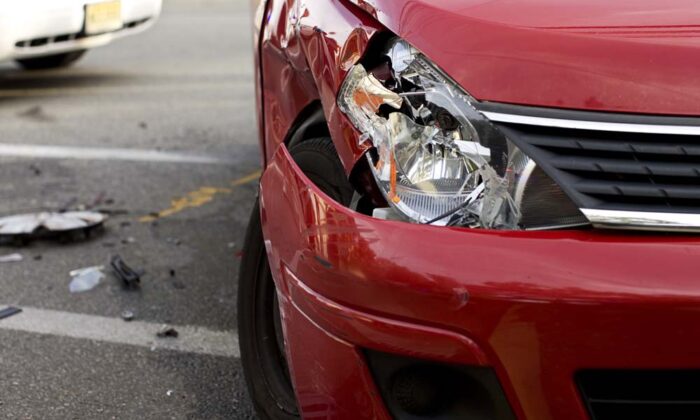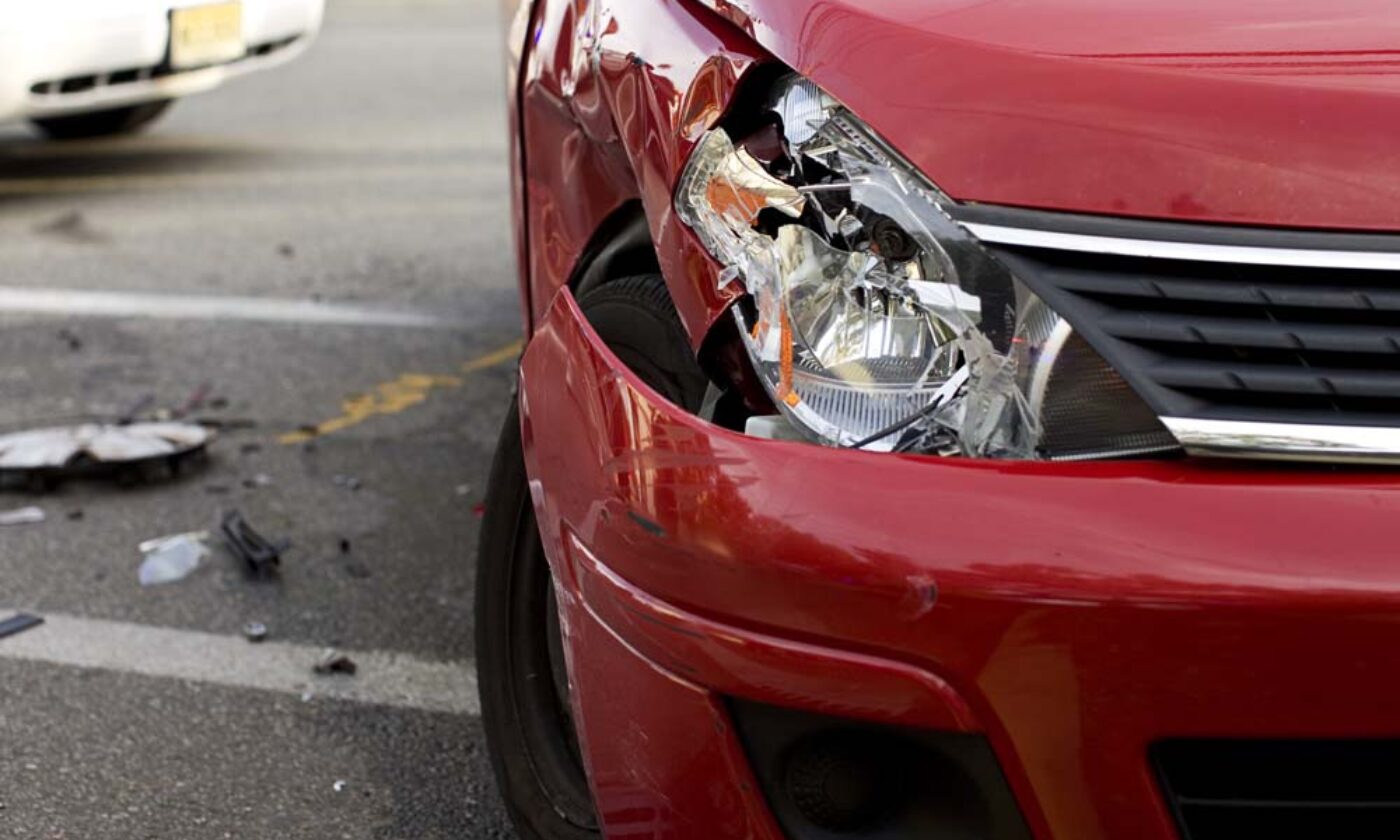Motor Vehicle Accidents
Vehicle towing: Is it legal in Australia?


Most of us would probably like to hitch a caravan, boat or trailer onto the towbar of our cars a lot more often than we’re able to. And though vehicle towing may look simple enough, there are plenty of things that can go wrong if you’re new to it.
So get familiar with the following legal and safety information to give yourself the best chance of always arriving safe, sound and with what you’re towing still safely attached behind you.
What are the towing regulations in Australia?
In 1998, all the various state and territory Transport Ministers agreed on a set of national vehicle towing regulations for so-called “light” vehicles weighing less than 4.5 tonnes. With the aim being to reduce the incidence of accidents and injuries on roads, some of the main regulations you need to be aware of before you hit any of the many roads that criss-cross our wide, brown land:
- The most you can tow is the weight specified by your vehicle manufacturer or the capacity of your towbar – whichever is the lowest.
- You must not tow more than one trailer at a time.
- You must not have any person travelling in a trailer or caravan you’re towing.
- You must secure and cover any load in a trailer, making sure items do not overhang.
- Learner drivers are not allowed to tow (provisional drivers have state-based vehicle towing restrictions).
- Your trailer must be registered and in a roadworthy condition.
- Your trailer must have a rear number plate.
- The towing vehicle’s number plate and rear lights must not be obscured by the towbar and couplings.
You need to be extra mindful when towing a trailer or caravan, especially when you don’t do it regularly. As if the physical dangers of vehicle towing aren’t serious enough, not following the regulations could get you a fine, a loss of demerit points or the suspension of your licence.
Towing speed limits by state and territories
One of the best reasons to do a road trip (and maybe cross a state boundary or two along the way) is to experience things that are different to those at home. But when it comes to road speed limits while vehicle towing, you’ll discover that things are pretty much the same all across Australia, with Western Australia the only exception.
Nationally, it’s this simple: stay within the same speed limits all other vehicles have to adhere to.
(Do bear in mind that this could be affected by the combined weight of your towing vehicle and your trailer, so best to also check your state’s regulations and what your vehicle maker’s load restrictions are).
In Western Australia, it’s slightly different. Your maximum driving speed can’t exceed 100km/h when vehicle towing, even when the signed speed limit is 110 km/h.
Safety advice for towing
To be able to do it safely every time, towing takes practice. This isn’t easy to do when, for many of us, the only times we use our tow bars is during holidays and special occasions.
The additional length, weight and effect on drivability of a trailer make a huge difference, so it’s vital to adjust how you drive to reduce the chances of accident and injury. Here’s a collection of handy hints to remember:
- Allow for the trailer’s tendency to ‘cut-in’ on corners and curves.
- Allow longer distances for braking, overtaking and joining a traffic stream.
- When reversing, it’s a good idea to have someone outside giving directions.
- Avoid sudden lane changes and changes of direction.
- Look further ahead than normal so you can react to changes in traffic or road conditions, and leave a longer stopping distance
- Use the accelerator, brakes and steering smoothly and gently at all times.
- Use a lower gear when travelling downhill to increase vehicle control and reduce strain on brakes.
- Slow down well before entering corners and curves.
- Change speed smoothly to avoid swaying. If your trailer starts to sway, do not apply your vehicle’s brakes except as a last resort. If your trailer has its own brakes, they should be applied gently. Otherwise, maintain a steady speed or even accelerate slightly until the sway stops.
- Take care not to hold up other traffic unnecessarily.
- Plan more rest stops and shorter travelling days as vehicle towing is more stressful and tiring than normal driving.
- Always drive to the road, traffic and weather conditions. Cross-winds, passing traffic, and severe weather can all make a huge difference.
- Be familiar with your trailer’s maximum allowable weight, and ensure you don’t overload it. Exceeding it could increase your chance of losing control and could void your insurance.
Before each towing trip, check:
- The trailer is roadworthy.
- All tyres are properly inflated.
- The wheel bearings, suspension and brakes all work properly.
- All lights work, and safety chains are properly connected.
At regular intervals during the trip, check:
- Couplings, doors, hatches, covers and any load or equipment are all still properly secured.
- Tyres are still properly inflated and are not rubbing on suspension or bodywork.
Make a Motor Vehicle Accident claim today
LHD Lawyers help everyday Australians receive the benefits they are entitled to for Motor Vehicle Accident claims. We are so sure of our abilities to win your case that we stand firmly by our No Win No Fee Policy: if we don’t win, you don’t pay. Call 1800 455 725 for a no-obligation consultation about your case.

Check if you’re eligible or get free claim advice now



